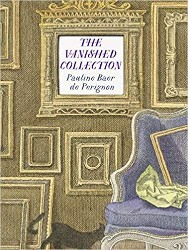“I have never learned to give up hope,” wrote Alice in her introduction to this story of her life. At 108 years of age, she is considered to be the oldest Holocaust survivor. It must have been her optimism, combined with her love of music, and the spirit of persistence, that enabled her to endure life in a Nazi concentration camp, Theresienstadt. There she was allowed to play and record the great piano masterworks, thus helping the Nazis, in spite of herself, to deceive the world about their treatment of their prisoners.
Her confidence that one could work through problems, even serious ones, was applied in many circumstances. Stand your ground, apply your skills and determination, and success will be achieved, has been her belief. In spite of her grief over the loss of her husband and her mother, she simply had to survive the privations of concentration camp life, for without those loved ones, Alice was the sole protector of her young son, and therefore knew that she had to survive. Her concerts for camp prisoners helped keep her alive, and brought hope and beauty to their miserable world.
Written by her close friend, Reinhardt Piechocki, this lively biography pays tribute to a loving mother, Holocaust survivor, and pianist who, for close to a century, has brought the joy of music to many audiences. The author has supplied excerpts from the music that she played, and accompanying “program notes.” Although the chapters about Theresinstadt occupy a large part of the book, much of it is also taken up with Alice’s younger days as well as the years after her release from captivity.
“Music takes us to paradise” Alice Herz-Sommer says in her foreward to the book, and the ability to make music beautifully has surely added years to her life just as it has brought hope and pleasure to her audiences.





